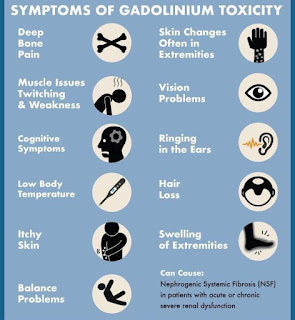Is a Devastating New Antimicrobial Resistant Superbug the Result of Bad Farming, Food and Pharma?

Photo by Drew Hays on Unsplash By Dr Catriona Walsh A new superbug has come to town A new antimicrobial resistant superbug has suddenly appeared in multiple countries simultaneously over the past 15 years. The first report of the fungus, Candida auris , being isolated from a person’s ear was published in 2009 . Now it is responsible for infectious outbreaks that can close intensive care wards. There is currently no known cure for many patients who are infected with it, due to its virulence, persistence and resistance to multiple antifungals. Conventional antifungals often don’t even tickle it. Many people carry it. People who are immunosuppressed and ill may have an almost 50% risk of dying when this particular organism is cultured from them. It is colonizing elderly care homes and neonatal units as well as hospitals. It is also in our communities. It makes MRSA look like child’s play, and it is on the rise. Why has this new microbe only suddenly a...





